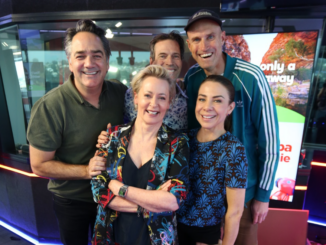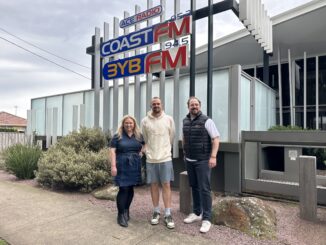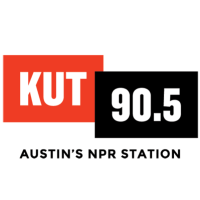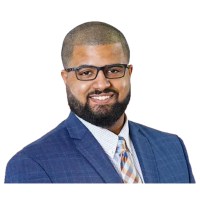
Radio rivals in epic rap battle
This week saw some high-profile radio rivals slog it out in a rap battle to remember.The Nova 96.9 team of Fitzy & Wippa with Kate Ritchie were joined live in the studio by WSFM’s Jonesy & Amanda.The ARN duo – who were there to take on Fitzy & Wippa in Rap Up of The Week… Read More
The post Radio rivals in epic rap battle by Sarah Patterson appeared first on Radio Today. […]





